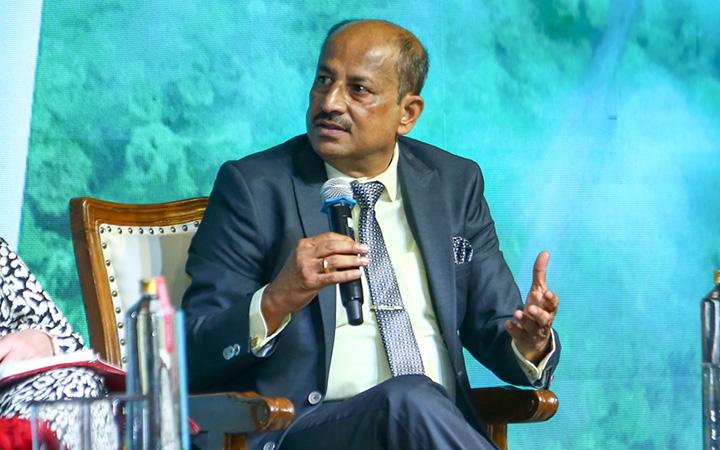INSIGHTS
Top key pointers from corporates, airlines, GBTA on how to build a sustainable travel programme
Does your current corporate travel policy have sustainability goals? As an airline, how do you maintain your fleet? Or how are travel management companies encouraging travel managers to adopt sustainable approach to business travel? The answers to these questions are important cogs in the wheel of sustainable business travel.
There is no denying the fact travel industry has a heavy carbon footprint. As per a report by the World Economic Forum (WEF), employee travel is one of the business world’s greatest contributors to carbon emissions.

That said, business travel cannot be also stopped. Here, sustainable business travel becomes a necessity which ensures business as usual without harming the environment. The same sentiment is also echoed by travel managers in the APAC region, looking for various ways to adopt short and long-term sustainable business travel practices in their travel programmes.
Sustainability in business travel is like “putting money in a pension which is going to pay dividends in the longer term.” Catherine Logan, Regional Senior VP, EMEA & APAC from GBTA summed it up during the FCM Corporate Travel Summit powered by GBTA held in Mumbai. She was part of a panel at the summit that discussed ways how travel programmes can start to encompass sustainable business travel.

Busting myths around sustainable business travel
Robyn Cheng King, Manager- Karnataka and Telangana India-Singapore Airlines said achieving zero emissions is a common myth in civil aviation. Scott Reddie, Chief Business Officer, FCM Travel Asia agreed with this sentiment, saying:
“I have heard a lot of myths in sustainable business travel. One of them is one airline’s standard is wrong and another is right, but the fact is there’s no global standard. This leads people to believe airlines don’t have to start tracking because there is no standard, but that is false.”
Long-term vs short-term sustainable business travel plans
As per a GBTA report, overall, 70% of travel buyers are now integrating, or are planning to integrate, sustainable practices into their travel policy.
“Sustainability is number one priority for most of the organisations because you need to work for people, future, and the community. The major issue is sustainability is costly but it depends how you look at it. There are ways to do low-cost sustainable practices like no plastic or eliminating paper with digitisation like DigiYatra. We have to look at a long-term plan to offset costs that is realistic. You got to control your operating cost and optimise it,” said Amarnath Lal Das, VP - India Travel, Meetings & Events, Accenture.
King agreed with taking on a short and long term vision. “The easiest for us to keep our fleet size young. Compared to the industry, civil aviation fleet is about 15 years (age) where we keep it around 7-10 years and after that we upcycle. The reason behind why we keep it young is newer planes are 25% more fuel efficient.”

How to map out sustainable business travel journey
During the conversation, Logan said the entire travel industry must work together to ensure sustainable travel.
“When it comes to your travel policy and the point in sale, it should give proper information so that people can make a choice as to what impact they are going to make. Next thing is measuring emissions and working with suppliers for sustainable options and including questions about sustainability in RFPs," she said.

How airlines, corporates are ensuring sustainable business travel
“Singapore Airlines covers three main pillars of sustainability- climate action, resource conservation, and creating an overall positive impact on society," said King. The airline repurposes its old and retired A380s, re-uses items from the planes such as air parts, repurposes seat beats and life jackets to make bags, and donates aircraft seats and cockpits to aviation schools.
While suppliers are committed to achieving net-zero carbon emissions, corporates desire a holistic solution. “We need to enable resources for our people to understand what sustainability is and what they can do to enhance their contribution. Our role is to bring our suppliers and think tanks closer and work out a solution. The problem is, we get certain targets but don’t know where the solution lies,” said Das.
The solution?
According to Logan, the solution lies in understanding the importance of sustainable business travel and its maturity, which can be led by managed travel. “We can drive innovation and it requires collaboration right across the industry, governments and across corporations,” she explained, outlining four elements:
- Understanding the maturity of where we are and how important it is to industry
- Capacity building and providing tools and platform for sharing best practices
- Harmonising the industry standards and formalisation of measuring carbon emissions
- Guiding governance


